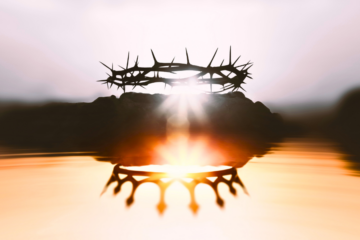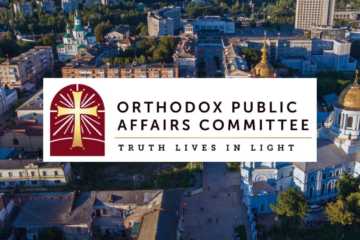The Gospel Reading for the 4th Sunday of Matthew (Matthew 8, 5-13) is concerned with the miraculous healing of the centurion’s servant.
While the Lord was in the town of Capernaum, he was approached by a Roman, a pagan, who held the rank of centurion in the army, that is, he had command of a hundred men. He asked Christ to heal his servant, who was seriously ill with some form of paralysis. When Christ suggested that he could go to the man’s house in order to perform the miracle, the pagan officer answered that he didn’t feel worthy enough for the Lord to enter his house; if he would but say the word, he could heal the crippled servant from a distance. Christ was astonished at the faith of the centurion and said quite clearly to those around him that he’d never seen such great faith in a person of another religion. After this realization, the Lord healed the invalid from afar.
In this miracle which the Lord performed, we see both the great faith and also the exceptional humility of the centurion. A very different humility, from a powerful officer who had a hundred soldiers under his command and probably many others besides, because, in those days, in war time, officers kept prisoners for themselves, as slaves, after a victory. Given that he was a pagan and a sinner, he had a strong sense that he ought to deter Christ from entering his house.
The question for us is whether, in the cares of our everyday lives, we find the time and the peace to consider that we’re not as humble as the centurion was. Our conceit, which is created by our egotism and by praise from others who often want to flatter us or ingratiate themselves with us, makes us puffed up.
I’d like to cease giving so much importance to the words of other people and to make an effort to tamp down feelings of superiority; to think with greater humility, more reservation towards the praise and flattery of others towards me. And, since humility keeps us closer to reality while at the same time, attracting God’s grace to us, I’d wish that there were fewer arrogant people around.
Source: pemptousia.com




0 Comments